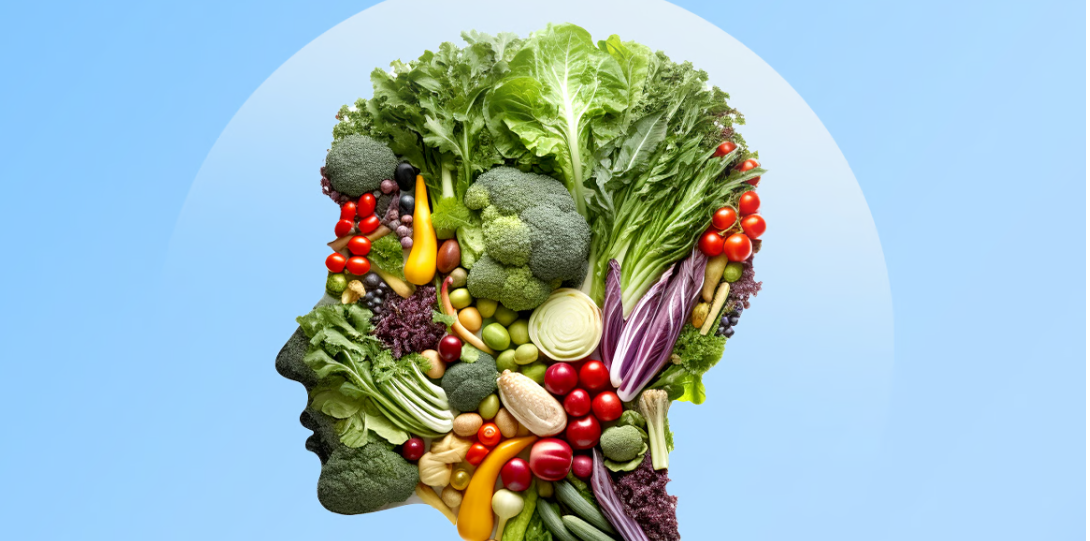Coffee makes you jittery. Sugar makes you hyper. Protein gives you energy. Too much pasta makes you sluggish. We really are a composition of what we eat. But, why is the food we put in our mouth so important, anyway?
I personally feel better, more energetic and less bloated when I am consistently eating more protein and vegetables. Eating carbohydrates makes me feel more satisfied and sustained, but too much unhealthy sugars make me bloated and tired. If I don’t eat enough fruits and vegetables, I don’t feel as great as I usually do. Even though your overall gut health is not something that can be changed short term, it still affects us every day.
Gut health, or your “gut microbiome,” is defined as a “distinct ecosystem characterized by its environment and its inhabitants” by the Cleveland Clinic.
“Your gut — inside your intestines — is in fact a miniature biome, populated by trillions of microscopic organisms. These microorganisms include over a thousand species of bacteria, as well as viruses, fungi and parasites,” the Clinic said.
“There are up to 1,000 species of bacteria in the human gut microbiome, and each of them plays a different role in your body,” Healthline said. “Altogether, these microbes may weigh as much as 2–5 pounds, which is roughly the weight of your brain. Together, they function as an extra organ in your body and play a huge role in your health.”
These microbes that make up the microbiome start out digesting breast milk or formula, eventually digesting fiber, and also helping to control your immune system and brain health. A condition called gut dysbiosis is an “imbalance of healthy and unhealthy microbes” that may contribute to weight gain.
Symptoms of having poor gut health include gas, bloating, stomach issues, unintentional weight fluctuations, skin issues, moodiness, irritability, concentration issues, fatigue, insomnia and sugar cravings, according to Forbes. Poor gut health can negatively affect many areas of your body, health and life in general, since your body uses everything you eat to give you energy and sustenance — so if you aren’t nourishing or taking care of yourself correctly, it will be reflected.
Tips for improving your gut health like increasing fiber intake, drinking more water, cutting out excesses of meat, sugar, fat and salt, and exercising more can help relieve these symptoms. Eating smaller, more frequent meals has also been shown to prevent overwhelming the GI tract, and probiotics that can be found in food as simple as yogurt can also help cure poor gut health, according to Piedmont.
Gut health is important to maintain, because the bacteria are key in keeping your immune system, heart and weight healthy. Health is very important to me as an individual, and even though I can never be perfect in terms of what I eat and how I take care of myself, I feel empowered when I make healthy choices because I know I am giving my body what it needs. We are what we eat, and that is why we should eat in a healthy fashion as much as we can.


































